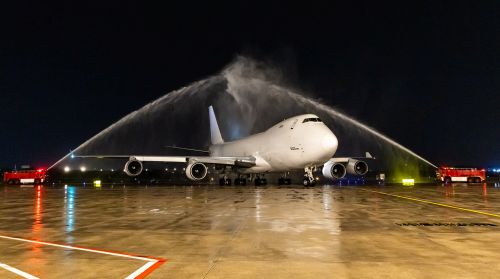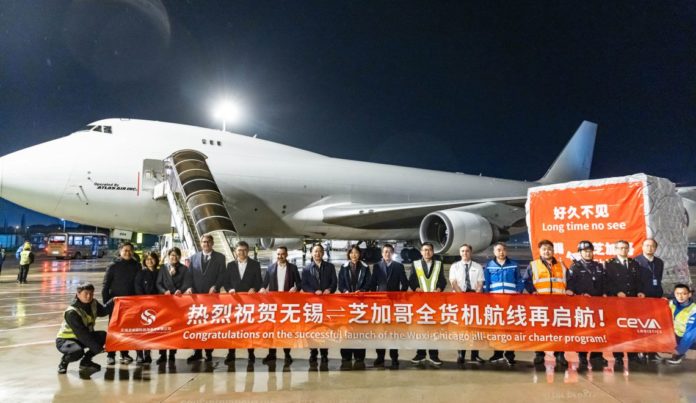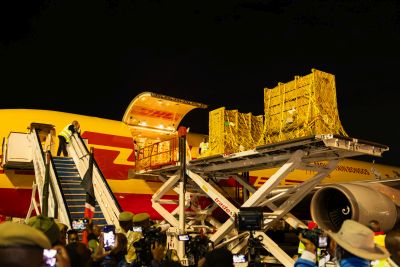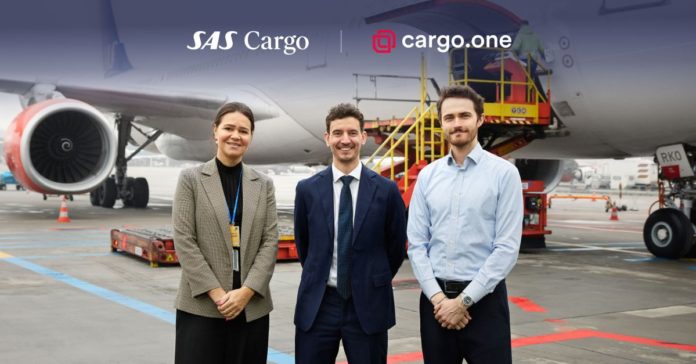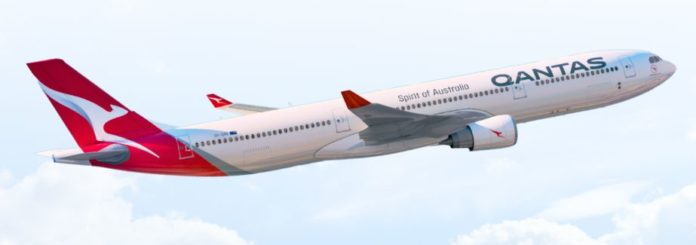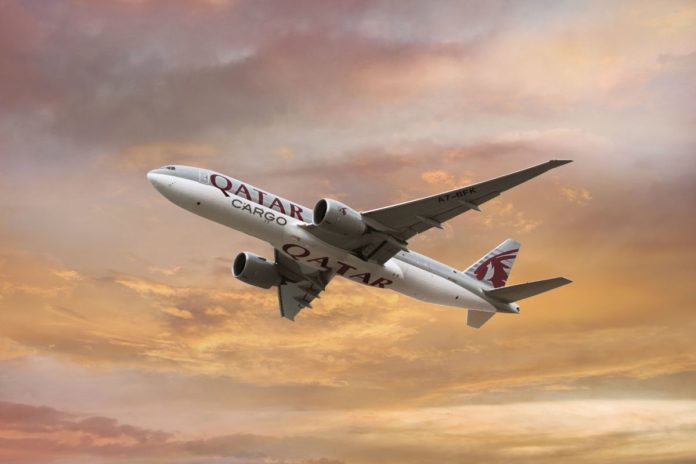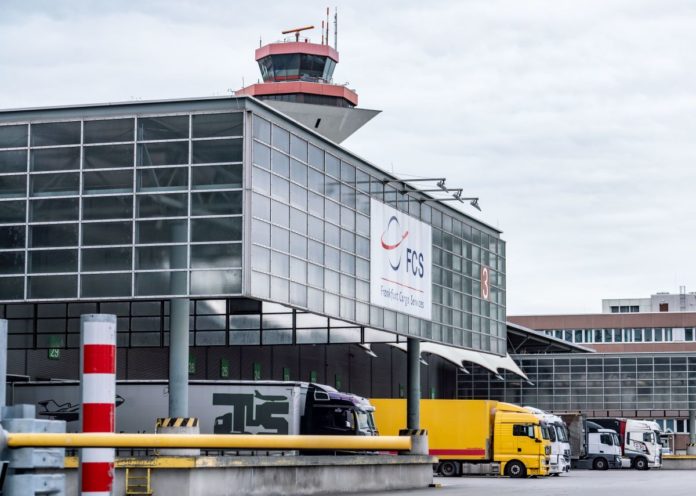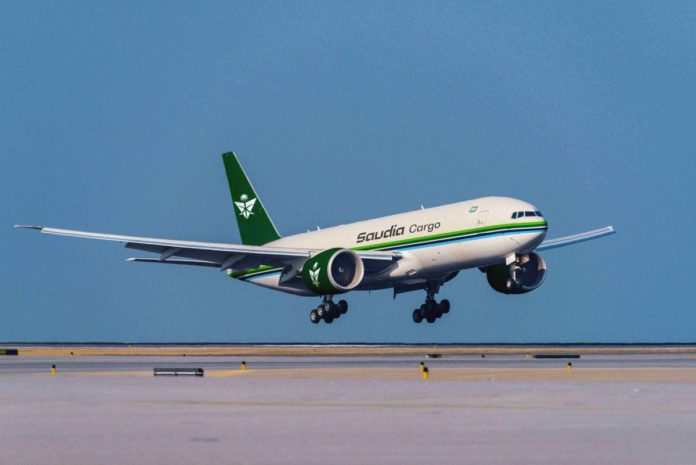The Pharma Logistics Winter University concluded its inaugural session at Khallifa University, Abu Dhabi, on 7 February, bringing together over 40 participants, including students from the University of Antwerp, Etihad Cargo, and key representatives from handler dnata and forwarder Kuehne+Nagel.
The event was co-founded by the Department of Health – Abu Dhabi (DoH), Etihad Cargo, Pharma.Aero, industry grouping, the University of Antwerp, and Khalifa University
The programme blended academic instruction with practical site visits, including Etihad Cargo’s pharma hub at Zayed International Airport. Participants gained first-hand insights into the region’s life sciences and healthcare ecosystem while exploring the latest innovations in pharma supply chain solutions.
Participants also explored the patient-centric healthcare ‘ecosystem’ and gained insights into the roles of supply chain stakeholders and logistics modes. Sessions highlighted the UAE’s significant investments in life sciences infrastructure, cold chain management monitoring, and advanced control tower technologies.
Other key topics included the latest developments in the UAE and global life sciences sectors, quality management practices, logistics certification processes, and the complexities of distribution, warehousing, and last-mile logistics.
Special focus was given to emerging areas such as cell and gene therapy, oncology, and vaccines, reflecting their growing importance in shaping the future of pharma logistics. Participants who successfully completed the programme earned 3 European Credit Transfers (ECTS) and a micro-credential certificate, reinforcing their academic and professional credentials.
The programme’s mission was also to drive innovation and inspire future leaders in pharmaceutical logistics.
Pharma.Aero secretary general, Frank Van Gelder, reflected on the success of the program and its long-term vision, stating: “With this inaugural edition, we have seen first-hand the value of industry-academic collaboration in preparing the next generation of pharma logistics leaders.
“By bringing together academic institutions, industry experts, and young talent, we are not only addressing current workforce challenges but also equipping the sector with highly skilled professionals who can navigate its evolving complexities.”
Etihad Cargo vice president, Stanislas Brun, added: “This initiative highlights the carrier’s commitment to developing the next generation of pharmaceutical logistics leaders and driving innovation in cold chain management. Etihad Cargo remains dedicated to collaborating with industry partners to support Abu Dhabi’s development as a global hub for healthcare and life sciences.”
Participants also signed a memorandum of understanding to continue hosting the Pharma Logistics Winter University annually in Abu Dhabi for the next five years with plans to expand the programme to accommodate up to 80 participants and develop a full-year master’s programme within two years.
